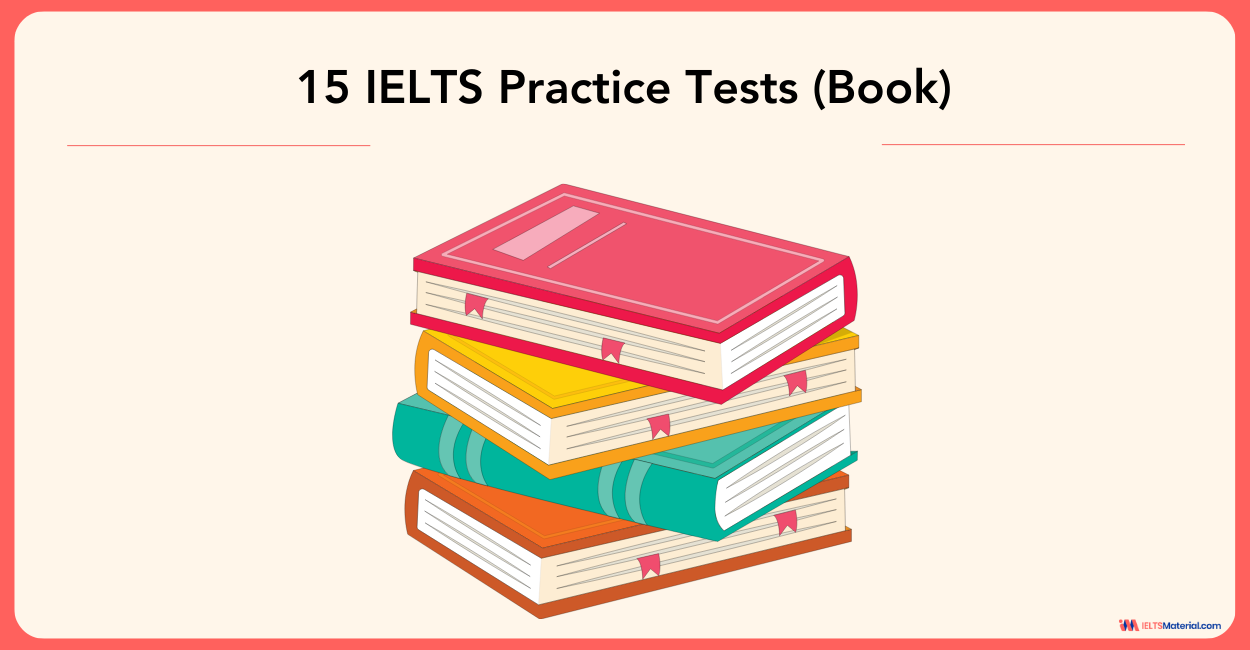Time Management for IELTS Reading – A Key to Get a High Band Score
5 min read
Updated On
-
Copy link
Want to improve your Reading skills for the IELTS exam to achieve a band 8+? Look into the strategies and a few tips in developing your skills at Time Management for IELTS Reading – A Key to Get a High Band Score.
Table of Contents

Limited-Time Offer : Access a FREE 10-Day IELTS Study Plan!
Time management for IELTS Reading is a major factor in almost all competitive exams and is the secret behind a high band score in the IELTS Reading test. Most of the time, the aspirants find it difficult to manage their time in the IELTS Reading section as the passages are lengthy. It may seem impossible to predict the answers and complete the test within the stipulated time.
The IELTS Reading section analyses your reading skills and your ability to read under timed conditions. However, it is possible to improve the score in the IELTS exam and achieve efficiency through time management methods and techniques. Let's explore how to manage your time smartly during the IELTS Reading test.
Want to learn from experts? Book a FREE Demo and begin preparing to ace the IELTS exam with a band 8+!
Time Allocation in IELTS Reading
The IELTS Reading module consists of three passages where the aspirants must go through the passages and answer 40 questions in the IELTS Academic Reading and General Training tests within 60 minutes. However, many individuals fail to answer all the questions because they either might be focusing too much on one section or answering without accuracy due to stress.
The table below suggests the time which you should allocate in IELTS Reading.
| Section | Time Allocated | Description |
| Section 1 | 15 minutes |
|
| Section 2 | 15 minutes |
|
| Section 3 | 20 minutes |
|
| Proofreading | 10 mins |
|
However, the first thing you must know is that all the three sections in the IELTS Reading test are not equal, and each section requires a different approach. This time allocation would vary depending on an individual's ability to answer the given reading questions. After you are aware of the question type or topic where you would take more time, you should manage your time accordingly. So, let’s start with how to approach these IELTS Reading sections.
Buy the latest The Ultimate Guide to IELTS General Reading: Tips, Tricks, and Practice (Mock) Tests today!
Difference between IELTS Academic and General Reading
The difference between the IELTS Academic and IELTS General Reading tests is the passages due to which the difficulty level increases from part 1 to part 3. However, the IELTS General Reading section is considered easier than the IELTS Academic Reading section, and the scoring varies accordingly. The table below suggests the difference between the IELTS Academic and General Training Reading modules.
| Feature | IELTS Academic | IELTS General Training |
| Texts | Academic journals, textbooks, research articles, newspapers | Advertisements, factual information related to work, application procedures, and daily life in an English speaking country |
| Reading Vocabulary | Complex and formal words | Simpler everyday language |
| Sections | 3 sections with longer passages | 3 sections [2 sections with shorter or multiple texts and 1 longer passage] |
Grab the IELTS Reading Academic Test Guide: Essential Tips, Strategies, and Practice Tests today and level up your preparation!
Strategies to Answer IELTS Reading Questions
As the questions would be different in each passage, you must utilize a few strategies to ace the IELTS test. It is important to use IELTS Reading Tips And Techniques To Increase Your Reading Speed. The following are some of the strategies to use as you prepare to answer the IELTS Reading Questions.
- Preview the questions before going through the passages
- Reading the questions first will give you an outline of the content in the passage.
- Identify the keywords and underline them in the passage. This will allow you to locate the answers.
- Read the introduction and conclusion. Then move to the body paragraph.
- Do not spend more than 5 minutes in each passage, and don’t read every single word in the passage.
- Skim-read the passage and then start answering the questions
- A quick glance at the beginning and end of the paragraph may help you get an idea about the question.
- If you can’t find an answer, move to the next. Don’t spend too much time finding one answer.
Useful tips to Improve Time Management for IELTS Reading for a Band 8+
Here are a few tips that can help you improve your time management skills in the IELTS Reading test.
- It’s best recommended to practise reading 1000-1200-word long news articles, blogs, or any other passages until you can comfortably finish them reading within 15 minutes.
- Have an understanding and awareness of various topics, including Nature History, Literature, and Science.
- Build your vocabulary of academic words
- Familiarize yourself with the questions and the format of IELTS Reading
- Avoid getting stuck at one question; analyze the questions properly and set your time accordingly.
- Do not spend too much time on one question.
- Ensure all the questions are attempted using an effective strategy.
- Transfer your answers from the question paper to the answer sheet in the given time. Do not miss out on any answer.
- Avoid last-minute changes in any answers.
- Spend one minute or less than that on any given question. Do not exceed more than that.
- Follow the strategies (skimming and scanning)
- Finish your test within 50 minutes so that you feel relaxed and check for any possible errors.
- Practise as much as you can to perform well
Enroll into our Free IELTS Webinar and take a step towards achieving a band 8+ in the Reading Module.
The IELTS Reading section can be very challenging and complicated, so the aspirants must improve their time management skills and train themselves to answer IELTS Reading Practice Tests within the given time limit. Always remember that a good test result requires effort, hard work, and dedication. Apart from that, you can consider or follow the IELTS Reading tips and strategies to manage your time more effectively. However, achieving a high band score is dependent on various other factors too.
Check More IELTS Reading Answers
Also check:
Explore IELTS related articles

Start Preparing for IELTS: Get Your 10-Day Study Plan Today!
Explore other Reading Articles
Recent Articles

Nehasri Ravishenbagam

Nehasri Ravishenbagam

Haniya Yashfeen









Post your Comments